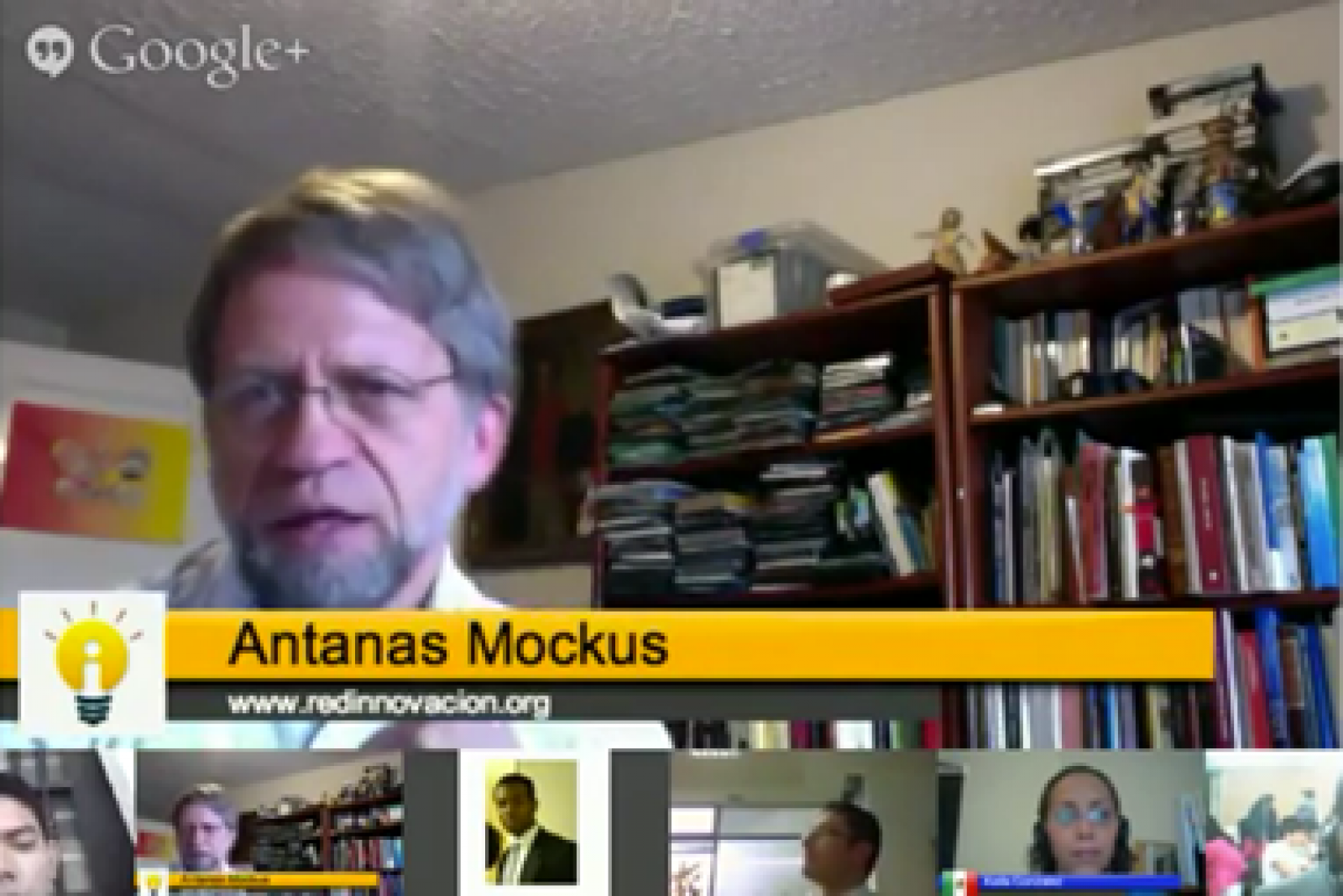
SHARE
Throughout Latin America, political and civic leaders are under increasing pressure to solve pervasive problems such as poverty, insecurity, corruption and lack of government transparency. Some of that pressure is generated by social media and other new communications tools available to constituents. But new technology is also aiding the response.
Revolutionary developments such as georeferencing and low-cost video conferencing have spawned new ways for political and civic leaders to address some of these problems. Georeferencing, for example, helps combat corruption by making it possible to track the location of individuals, such as government employees, at a given time to ensure they are performing work when and where they say they are.
Leaders are using new technology to push for campaign finance transparency in Colombia, and to improve how political parties in Argentina and Uruguay prepare their members to tackle public policy challenges by using web-based tools for virtual trainings. In Honduras, where it is common for corrupt teachers to claim pay for work in multiple districts, the government is using georeferencing to ensure that these teachers aren’t paid for work they didn’t do.
But despite the innovations, there is little communication among countries in the region, so new methods developed in one country are often unknown in another. To overcome that gap, NDI has supported the creation of Red Innovación (RI), or “Innovation Network,” a virtual online Spanish-language forum where social and political innovators from throughout the region can highlight initiatives, solicit feedback and harvest new ideas to help governments become more responsive, transparent and effective.
Red Innovación uses platforms such as Google Hangout videoconferences to help put political parties and civil society organizations in touch with experts on such topics as how to communicate more effectively, how cyberactivism works and how to use technology to promote transparency.
Dan Wagner, former data director for President Obama’s 2012 campaign, was the first guest of RI’s “Ask the Experts” program, which launched in April and allows innovators to share success stories. Wagner described how the campaign identified and mobilized supporters with programs such as Survey Manager—which compiled raw voter data into statistical models that could accurately project voter attitudes and preferences—as well as with traditional techniques such as door-to-door canvassing. Wagner was also joined by Angela Barranco, West regional director for the Obama campaign, who talked about the campaign’s strategy to reach out to young voters and earn their trust.
On May 21, RI broadcast a Google + Hangout session with Antanas Mockus, the former mayor of Bogotá, who helped substantially improve the city’s public safety, using unconventional initiatives to encourage citizens to care about their city. For instance, in response to high traffic fatalities, he hired mimes to make fun of citizens who didn’t obey traffic laws. Mockus discussed the importance of innovating in the public sector and promoting a “citizen culture.”
“When legal norms don’t become social norms, they can be easily circumvented,” Mockus said during the hangout, which has received more than 550 views. Participants from throughout the region had the chance to ask Mockus questions about using innovation to combat corruption.
The RI also has a virtual learning classroom that will offer courses tailored to the specific requests and needs of political and social organizations. The first virtual course, which begins the week of August 19, will be a five-week course on cyberactivism.
To learn more about RI, go to www.redinnovacion.org. New Google+ Hangout discussions and “ask the expert” sessions will be hosted regularly. You can register as a user, friend RI on Facebook or follow @Red_Innovacion on Twitter. NDI's work with RI is funded by the National Endowment for Democracy.
Read more:
- Leaders Come Together to Discuss 'Democracy in a Tech-Empowered World'»
- Engaging Mexican Citizens Through Public Hearings»
- Central American Governments Work Together to Increase Citizen Security»
Published Aug. 1, 2013
Updated Aug. 27, 2013


